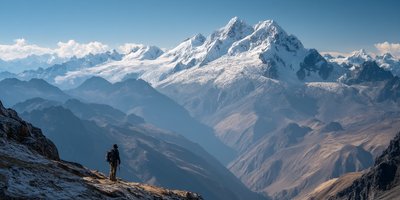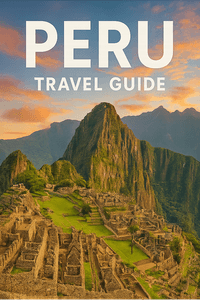Traveling to Peru and visiting Machu Picchu is an incredible experience, but it also comes with unique challenges, especially regarding altitude nutrition.
Located at over 7,970 feet above sea level, Machu Picchu presents a risk of altitude sickness for many travelers. To help mitigate these risks, it is essential to focus on nutrition prior to and during your trip.
Before your arrival, consider incorporating foods high in carbohydrates, such as quinoa, potatoes, and rice, into your diet. These foods can help provide your body with the necessary energy to acclimatize.
In addition, staying hydrated is critical. Drink plenty of water and consider herbal teas that can also aid digestion, such as coca tea, which is traditionally consumed by locals to combat altitude sickness.
Once in the Sacred Valley or Cusco, opt for meals rich in vitamins and minerals. Fresh fruits and vegetables, particularly those high in potassium like bananas and avocados, can help balance electrolytes.
Local dishes such as ceviche and lomo saltado not only provide essential nutrients but also give you a taste of Peruvian culture. Try to avoid heavy, fatty foods that can slow your acclimatization process.
Additionally, consuming small, frequent meals rather than larger ones can help your body adjust better to the altitude. Snacks like nuts, seeds, and dried fruit are excellent options.
Be mindful of alcohol consumption, as it can exacerbate symptoms of altitude sickness. If you choose to indulge, do so in moderation and stay well-hydrated.
Finally, listen to your body. If you start feeling symptoms of altitude sickness, such as headaches or nausea, rest and hydrate. It’s crucial to give yourself time to acclimatize before embarking on strenuous activities like hiking around Machu Picchu.
By paying attention to your nutrition and hydration, you can enhance your experience in this breathtaking region of Peru.






